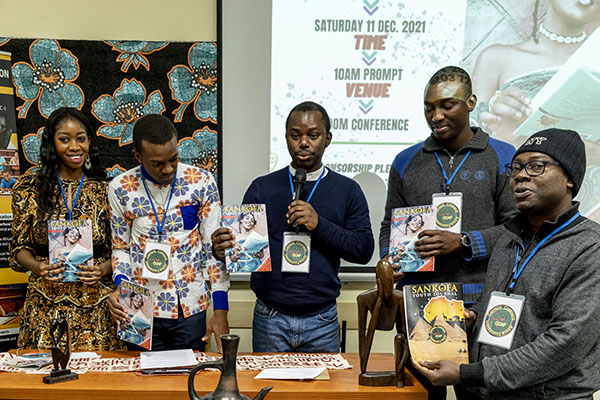CCAF Inaugurates Sankofa Political Studies With The Haitian Revolution
By Kunle Ogundana
7th November, 2018 – The course of Pan-Africanism that was inaugurated exactly a week ago, has now started fully with the regular sessions. This unique educative package of CCAF is now making a wave as the number of participants – compared to the attendance at the introductive session – has now been doubled. Today’s session was focused on the exposition of the great Haitian revolution. Being a voluminous topic, the input was limited to two main aspects. Thus, the specificity and protagonists of the Haitian revolution.
The Haitian revolution was truely a successful slave uprising in the Atlantic world. It was a revolution with some unique characteristics, mainly because it consists of people who succeeded in their struggle for freedom and autonomy even while they were still under slavery. Back in history there were similar attempts but without yielding significant result. The Haitian revolution was the first of its kind to emphasis the equality of humanity in a universal sense, devoid of discrimination of neither race, gender nor religion. Finally, it was a non-sporadic insurrection, that is, it was well prepared and planned. It took about a century of gradual process with series of revolts that later resulted into the main revolution (from 1679 to 1787). Some of the main protagonist were, Boukman, Toussaint Louverture and Dessalines.
Some authors – mostly pan-Africanist, have explored and elaborated the topic in their various writings. Some of the authors discussed were Nsame Mbonog, a Cameroonian philosopher, who holds that the Haitian revolution plays an important role in determining the kickoff of the modern era in every aspect of African History. Others were Amzart Boukari-Yabara, who wrote the book, Africa Unite, and finally Garvey F. Lundy, who studied the influences of the Haitian revolution in the European and North American context.





